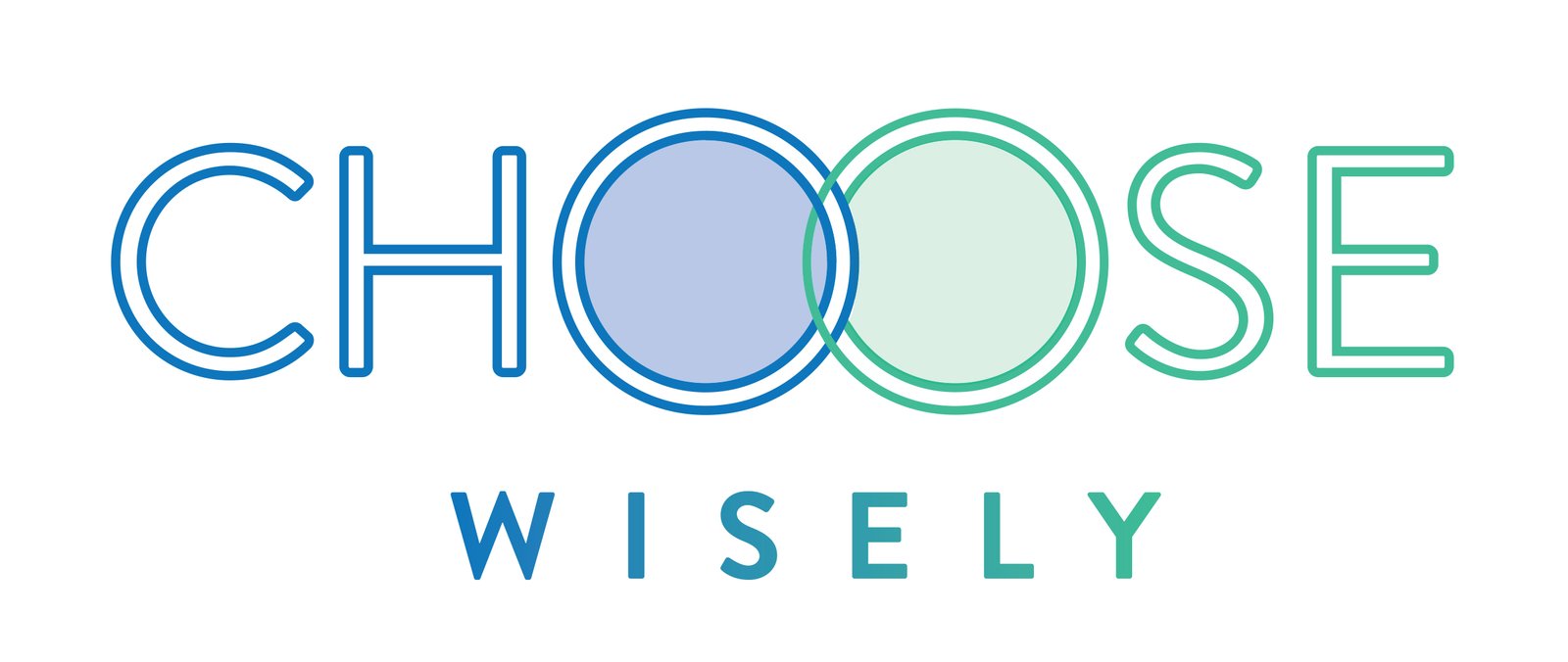
Smart Budgeting Hacks, In an environment of economic uncertainty, prioritizing financial health through informed budgeting and spending decisions is essential. Thoughtfully tracking income and outlays while minimizing debt, needless costs, and unnecessary purchases enables control. Building emergency reserves alongside consistent retirement contributions also provides stability. With concerted effort, individuals can implement positive money management tactics.
1. Make a detailed monthly budget.
Carefully monitoring overall cash inflows and outflows through a thoughtfully organized budget provides visibility into spending patterns. Tabulating monthly fixed living costs like rent, car payments, and recurring bills and then comparing them alongside reliable income enables individuals to calculate discretionary leftovers for flexible expenditures. This snapshot into personalized finances empowers deliberate consumption based on current realities and priorities rather than perceptions or desires, reducing wasteful overspending on wants. Additionally, regularly revisiting the meticulously tracked budget as life situations evolve allows for re-calibration of evolving financial goals like saving for a down payments or taking a dream vacation.
2. Automate bill payments
One effortless yet enormously effective money management tactic includes setting up automated payments through bank bill payment features, lender portals, or merchant websites. Scheduling all recurrent fixed costs like car insurance premiums, streaming services, health club memberships, and credit card bills to be covered seamlessly each period prevents slipping into the dangerous habit of unintentionally late payments or even service suspensions due to simply forgetting minor bills in the chaos of life. Technology now affords set-it-and-forget reliability for every routine household payable. Eliminating avoidable late cost surprises or credit score dings for such trivial oversights immensely increases peace of mind. One less financial to-do provides a refreshing emotional declutter as well.
3. Build up emergency savings
Among top financial health, imperatives include building a robust emergency cash reserve by stashing away even $50 each paycheck—automating if possible—into an accessible high-yield savings account. Earmark accumulates this liquid lifeline to eventually equal 3-6 months’ worth of baseline living expenses. These risk-free savings specifically allocated for managing unforeseen crises like sickness, job loss, or major home repairs provide enormous peace of mind of financial security to weather inevitable personal economic storms without accruing additional debt or liquidating growth assets during inopportune markets. Beginning early and contributing consistently, even modestly, gradually constructs the insurance of a cacheable to float obligations during moments of zero income without inviting added anxieties.
4. Pay down variable rate debt
Once an emergency fallback is established, financial advisors universally champion directing additional monthly cash flows toward eradicating lingering variable-rate debts, primarily those from credit cards or, adjustable-rate mortgages or personal loans. Their inherently fluctuating interest terms pegged to markets leave households vulnerable, especially amid rising rates. Diligently specify extra payments toward highest interest credit accounts first while paying minimums on all others until each balance reaches zero, starting with the most toxic. This intentional priority adjusts with each debt elimination. Eliminating vulnerable variable rate obligations insulating budgets from marked shifts in interest rates over time provides peace of mind with more room for non-debt goals.
5. Refinance existing fixed-rate loans
Another significant money optimization when interest rates surge includes promptly surveying options for refinancing substantial existing fixed loan obligations originating in lower rate eras—auto loans, student debt, mortgages—before payments swell further. Monitor promotions from prominent national lenders who frequently bait prime borrowers with reduced rates and streamlined approvals in this environment. The modest effort of submitting updated financial credentials for a soft credit check to identify lower interest terms on a comparable repayment timeline easily stands to drop monthly dues. For substantial mortgages especially, securing more favorable fixed rates insulates years of household cash flow.
6. Negotiate better rates directly
Beyond pursuing refinances in turbulent times, an underutilized money saver includes petitioning existing financial institutions directly to reduce interest rates or waive exorbitant fees on liabilities, citing loyalty or overall share-of-wallet contributions, arguing respectfully but assertively. Banks and card issuers actually prefer retaining reliable customers rather than risk account closures and credit shifts, so simply conveying the rational choice of exiting a relationship absent better terms frequently compels decision-makers to negotiate more favorably—lowering APRs, waiving annual fees, etc. Assign savings to debts or emergency reserves. Achieving better rates sans paperwork through candid conversation holds infinite appeal.
7. Invest early and consistently
Counterintuitively, turbulent markets actually present opportunities for wealth creation through investing in new savings maximally early, provided individuals reject panic and stick to plans. History proves long-term growth reliably flows from continuing automatic periodic investments in diverse, low-fee funds using dollar cost averaging to bypass market timing guesswork. While uncertainty feels intimidating, starting retirement contributions in one’s 20s, even modestly initially, harnesses reliable compounding so that by later years, those assets can readily snowball, supported by consistent additions and average returns over enough decades. Psychologically, automating investment deductions before discretionary spending also aids in sticking through volatility. Earmark any surprise windfalls like bonuses or tax refunds to amplify wealth-building, too.
8. Curb impulse purchases
With conscious restraint of needless emotional spending, savings can possibly emerge. Curb impulse purchases by simply waiting several days before deciding whether or not to buy discretionary non-essential stuff glimpsed in checkout lines or online feeds. After the initial dopamine rush passes, reevaluate if the item aligns with financial priorities or fills a void beyond a temporary newness high. Cultivating intentional consumption habits based more on needs and goals rather than fleeting desires allows tradeoff awareness. Further, some find building pricey hopes like overseas vacations or home upgrades into savings goals through separate sub-accounts enforces sticking to plans rather than miscellaneous mall grabs.
10. Compare insurance rates
Since most auto and home insurance carriers lure in clients with low introductory rates, which inevitably escalate over the years, assuming complacency, informed consumers combat this by comparing quotes across multiple prominent insurers during open enrollment seasons. Local agents facilitate quickly identifying the most favorable updated premium costs for comparable customized coverage levels. Negotiating with existing providers by conveying active multi-carrier rate shopping also frequently compels rate retention. This redundancy demands some effort but, over the years, stands to accumulate considerable savings from ever-increasing policy bills. Shopping rates methodically replace assumptions.
Conclusion
In summary, individuals willing to track spending, limit debts, control impulses, and invest early manifest financial resilience. Building emergency reserves and comparing insurance costs annually provides further stability. Economic conditions in 2024 necessitate mindfulness. Commit each month to implementing one money-centric discipline. Small actions stack exponential rewards over decades.

